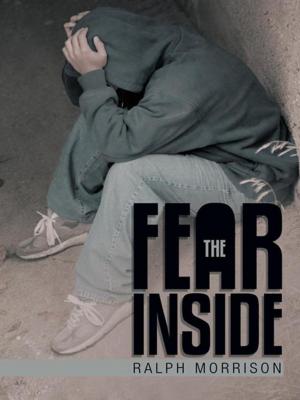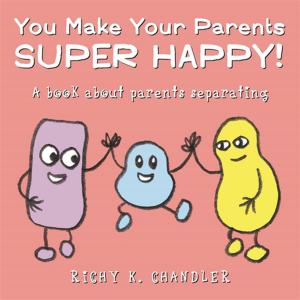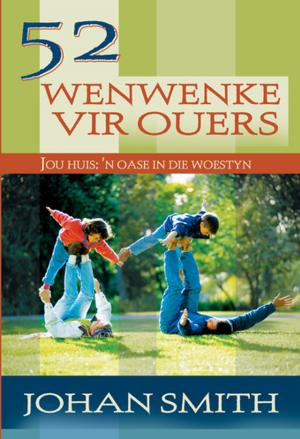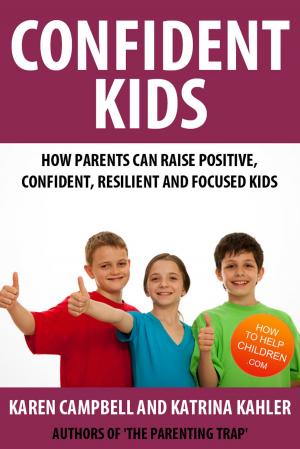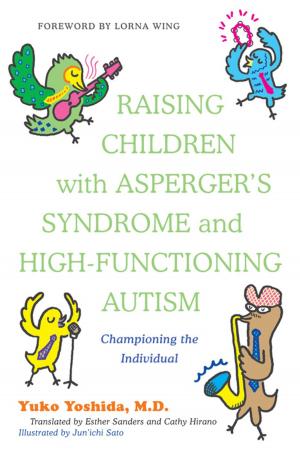| Author: | Mark Jay Mirsky | ISBN: | 9781310568527 |
| Publisher: | Mark Jay Mirsky | Publication: | January 4, 2016 |
| Imprint: | Smashwords Edition | Language: | English |
| Author: | Mark Jay Mirsky |
| ISBN: | 9781310568527 |
| Publisher: | Mark Jay Mirsky |
| Publication: | January 4, 2016 |
| Imprint: | Smashwords Edition |
| Language: | English |
A Mother's Steps: A Meditation on Silence is the novelist Mark Jay Mirsky's attempt to understand the life of a mother who was reluctant to tell him any details about her family or herself. Concealing much of her strong affection for her son, she began to reveal it after learning that she was dangerously ill. The book tries to un-riddle the silence that Ruth S. Mirsky drew over her childhood, adolescence and the first years of her marriage. She remained a mystery to her son after her death at the age of fifty-six in April of 1968. Why had she spoken so little about her mother and never about her father? The subject had been taboo while she was alive and even Ruth’s husband, Wilfred, the author’s father, was puzzled when asked.
Spending many hours beside her bed in the hospital through her last six months of life brought her son together with his mother in ways that he had never expected. In her final weeks, she asked her son if her illness was fatal, and he had to reveal what no one else had told her. Aged twenty-nine at the moment of his mother’s death, it changed the author’s understanding of reality and fiction. It led to his first immersion in Orthodox Jewish prayer as he assumed the responsibility of mourning for his mother and experienced her return to him in the world of dreams.
A Mother’s Steps describes the process of a son piecing together a narrative of his mother’s life to understand her. He began with the extensive photographic albums his mother kept from the age of thirteen, just after the death of her own mother, Annie Lessler, in October 1925. He interviewed surviving siblings from her family of twelve brothers and sisters and over a period of forty years recorded older cousins’ recollections, gathered photographs, immigration and census records. The book reconstructs the history of Ruth’s father, Joseph Lessler, and his wife, Annie, their passage from Poland and the businesses they managed as new immigrants to America, first in silks on Manhattan’s Lower East Side, then in Annie’s Brooklyn real estate, and finally in fabrics in Bridgeport, Connecticut. The book is not only a history of an American-Jewish family’s immigration, its internal struggles and assimilation into American society; it is also about his mother’s secret life: her love of theater, her identification with screen heroines, her commitment to social justice. The author searches his own memories, his mother’s letters to him, and the dreams in which she appears to him after her death to explain the powerful bond between them.
The only one of her six sisters to gain a college degree, Ruth S. Mirsky graduated from the Simmons College program in social work and helped run an orphanage in Rhode Island, after which she served at the FERA (Federal Emergency Relief Administration) supervising offices throughout New England. After marrying the author’s father, a young lawyer named Wilfred S. Mirsky, she went to Ironton, Ohio, as a Red Cross disaster worker during the disastrous Ohio floods of 1936-37. Returning to Massachusetts to work for the Jewish Family Welfare Society, she managed her husband’s political career, which included four terms as a state representative in the Massachusetts legislature. Serving in several public capacities, she was appointed in the 1950s for a term as a commissioner on the Commonwealth’s Industrial Accident Board. While proud of his mother’s public life, her son also felt, however, her reserve in expressing affection.
Scanning her albums carefully, the notes she wrote beside them, thinking about photographs that she did not include in their pages revealed much of what she had kept private. They contradicted the previous picture her son had of Ruth, and explained something of the last years of her life when she reached toward him past her self-imposed boundaries. This book tries to construct a new portrait of his mother, asking questions the author might have, if he had known her better.
A Mother's Steps: A Meditation on Silence is the novelist Mark Jay Mirsky's attempt to understand the life of a mother who was reluctant to tell him any details about her family or herself. Concealing much of her strong affection for her son, she began to reveal it after learning that she was dangerously ill. The book tries to un-riddle the silence that Ruth S. Mirsky drew over her childhood, adolescence and the first years of her marriage. She remained a mystery to her son after her death at the age of fifty-six in April of 1968. Why had she spoken so little about her mother and never about her father? The subject had been taboo while she was alive and even Ruth’s husband, Wilfred, the author’s father, was puzzled when asked.
Spending many hours beside her bed in the hospital through her last six months of life brought her son together with his mother in ways that he had never expected. In her final weeks, she asked her son if her illness was fatal, and he had to reveal what no one else had told her. Aged twenty-nine at the moment of his mother’s death, it changed the author’s understanding of reality and fiction. It led to his first immersion in Orthodox Jewish prayer as he assumed the responsibility of mourning for his mother and experienced her return to him in the world of dreams.
A Mother’s Steps describes the process of a son piecing together a narrative of his mother’s life to understand her. He began with the extensive photographic albums his mother kept from the age of thirteen, just after the death of her own mother, Annie Lessler, in October 1925. He interviewed surviving siblings from her family of twelve brothers and sisters and over a period of forty years recorded older cousins’ recollections, gathered photographs, immigration and census records. The book reconstructs the history of Ruth’s father, Joseph Lessler, and his wife, Annie, their passage from Poland and the businesses they managed as new immigrants to America, first in silks on Manhattan’s Lower East Side, then in Annie’s Brooklyn real estate, and finally in fabrics in Bridgeport, Connecticut. The book is not only a history of an American-Jewish family’s immigration, its internal struggles and assimilation into American society; it is also about his mother’s secret life: her love of theater, her identification with screen heroines, her commitment to social justice. The author searches his own memories, his mother’s letters to him, and the dreams in which she appears to him after her death to explain the powerful bond between them.
The only one of her six sisters to gain a college degree, Ruth S. Mirsky graduated from the Simmons College program in social work and helped run an orphanage in Rhode Island, after which she served at the FERA (Federal Emergency Relief Administration) supervising offices throughout New England. After marrying the author’s father, a young lawyer named Wilfred S. Mirsky, she went to Ironton, Ohio, as a Red Cross disaster worker during the disastrous Ohio floods of 1936-37. Returning to Massachusetts to work for the Jewish Family Welfare Society, she managed her husband’s political career, which included four terms as a state representative in the Massachusetts legislature. Serving in several public capacities, she was appointed in the 1950s for a term as a commissioner on the Commonwealth’s Industrial Accident Board. While proud of his mother’s public life, her son also felt, however, her reserve in expressing affection.
Scanning her albums carefully, the notes she wrote beside them, thinking about photographs that she did not include in their pages revealed much of what she had kept private. They contradicted the previous picture her son had of Ruth, and explained something of the last years of her life when she reached toward him past her self-imposed boundaries. This book tries to construct a new portrait of his mother, asking questions the author might have, if he had known her better.






